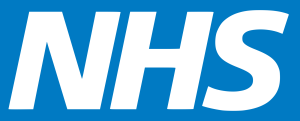 Constituents have expressed concern about the availability of Everolimus for subependymal giant cell astrocytoma (SEGA) associated with tuberous sclerosis complex. NHS England have decided not to consider this treatment for routine commissioning this year.
Constituents have expressed concern about the availability of Everolimus for subependymal giant cell astrocytoma (SEGA) associated with tuberous sclerosis complex. NHS England have decided not to consider this treatment for routine commissioning this year.
The overall budget for specialised services in England is considerable, at around £15.7 billion per year. NHS England has to make difficult decisions about how to prioritise available funding. To ensure that investment decisions get the best possible patient outcomes, NHS England has established an annual prioritisation process led by clinical experts.
During this year’s process, out of 22 proposals considered, Everolimus to treat SEGA was one of four treatments with the lowest cost/benefit rating. The treatment will not be considered for routine commissioning at this time. These decisions are based on expert recommendations made by the Clinical Priorities Advisory Group (CPAG) which uses a defined process to prioritise treatments.
As a result of a recent high court judgment that found NHS England has the power to commission Pre-Exposure Prophylaxis (PrEP), NHS England will invite the manufacturers of drugs and treatments, including Everolimus, to treat SEGA to submit their ‘best and final’ prices, so that the cost of each policy can be properly compared. The CPAG will then be asked to re-run the prioritisation process as soon as practicable.
Should the Court of Appeal consider and uphold the judge’s decision then those treatments and services provisionally identified for funding by this process will be made available as soon as is practicable after the judgment is received. If Everolimus to treat SEGA is still not recommended for routine commissioning then it will be considered again next year in the prioritisation process for 2017/18.